Need help? Call us:
- Questions? Call us toll-free +1-800-520-5726

CPAP Masks Finder
Discover your perfect mask fit
- Portable Oxygen
- Home Oxygen
- Oxygen Accessories
- CPAP Machines
- CPAP Supplies
- CPAP Masks
- Mobility
- Bathroom Safety
- Pediatrics
- New Arrivals
Low Oxygen Levels: How Do They Affect You & How Oxygen Therapy Helps
Low Oxygen Levels: How Do They Affect You & How Oxygen Therapy Helps
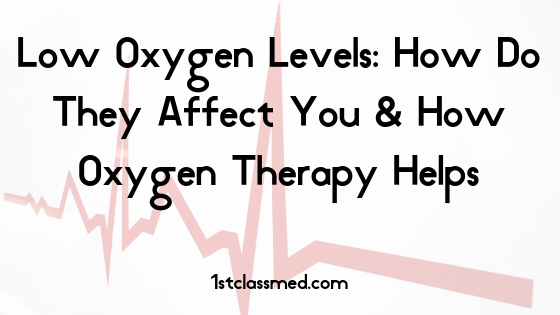
We are going to explore the importance of oxygen when it comes to your physical and mental health. How it helps your body’s function may seem complicated.
A healthy lung is able to absorb the required oxygen when it is fit. It is when complications occur and this is not accomplished that health problems arise.
{{cta(‘155910633031’)}}
Some Amazing Facts About Your Lungs
- If the capillaries (the very small blood vessels) which surround the alveoli (air sacs) of the lungs would extend for roughly 620 miles if they were laid end to end!
- Within your lungs there are about 1500 miles of airways and alveoli. This adds up to a surface area, in adults, close to that of a tennis court.
- Living at sea level requires a smaller lung capacity as the air is denser. Those living in higher altitudes develop a larger lung capacity.
This physical ??layout?? demonstrates how important the function of the lungs and their part in transportation of oxygen is to your body!
The Critical Facts About Oxygen And Your Body
- Living cells need oxygen for rejuvenation
- Oxygen is carried though out the body via your blood, within the red blood cells
- The neurons of the brain, while only 2% of the human body weight, consumes about 20% of your bodies oxygen output
- This is why apnea, brain trauma, drowning or any other denial of oxygen to the brain is so detrimental.
- Your lungs are able to ‘overbuild’ reserve volume of oxygen. Because of this, damage is slow to show up.
Mental and Physical Symptoms of Low Oxygen Levels
After looking at the facts mentioned above, it is easy to see why certain physical and mental capabilities are easily affected by a low oxygen level. Some of the most obvious include:
Mental Symptoms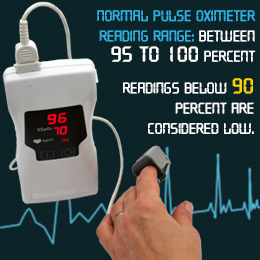
- Lower level of alertness
- Inability to solve simple problems
- Decreased attention span
- Decreased Memory
- Lower mood level
Physical Symptoms
- Narrowed blood vessels which makes them less efficient
- Shortness of breath
- Non restorative sleep
- Poor coordination
- Lower stamina level and weakened muscles
Can these symptoms be reversed?
Through the use of oxygen therapy they can be lessened, but not totally reversed. Oxygen therapy will help your body to recover many of the lost abilities.
It will increase your survival and allow you to lead a more normal life.
Just how far you can reverse it will depend on how much damage was done, how determined your are to follow the new ‘way of life.’
Get rid of all bad habits such as smoking, lack of exercise and that poor diet.
Benefits of Oxygen Therapy
- Decreased shortness of breath
- This allows you to exercise more. You can also use oxygen therapy while exercising in some instances. Check with your doctor.
- Along with exercise comes a higher fitness level and improved strength
- Prevention of heart failure
- Improved mental functioning
{{cta(‘155910633392’)}}
What is the most important factor in all of this? It is your ATTITUDE. Many individuals, when faced with a lifestyle that includes being hooked up to a machine for hours at a time, develop a negative attitude.
Some go into a state of depression. This is normal, but realize it does not have to be a permanent option.
Look at oxygen therapy as a challenge, one that requires a different way of doing things, but still gives you a chance to continue living your life, enjoying family, grandchildren, friends and more.
OK, marathon running may be out, but how about training for a walkathon with oxygen attached! Think of the inspiration you could be to your family and to others.



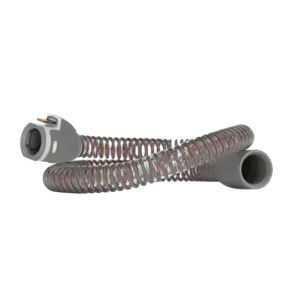

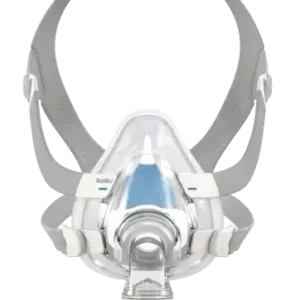


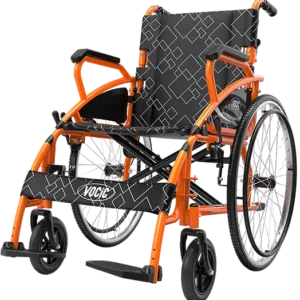
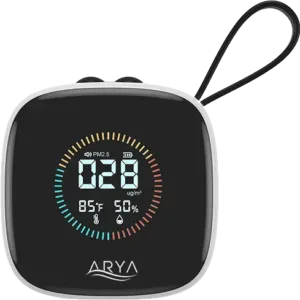

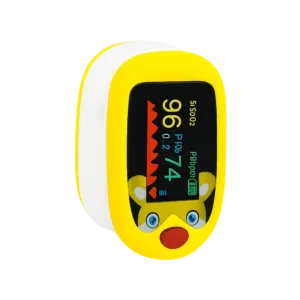



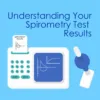


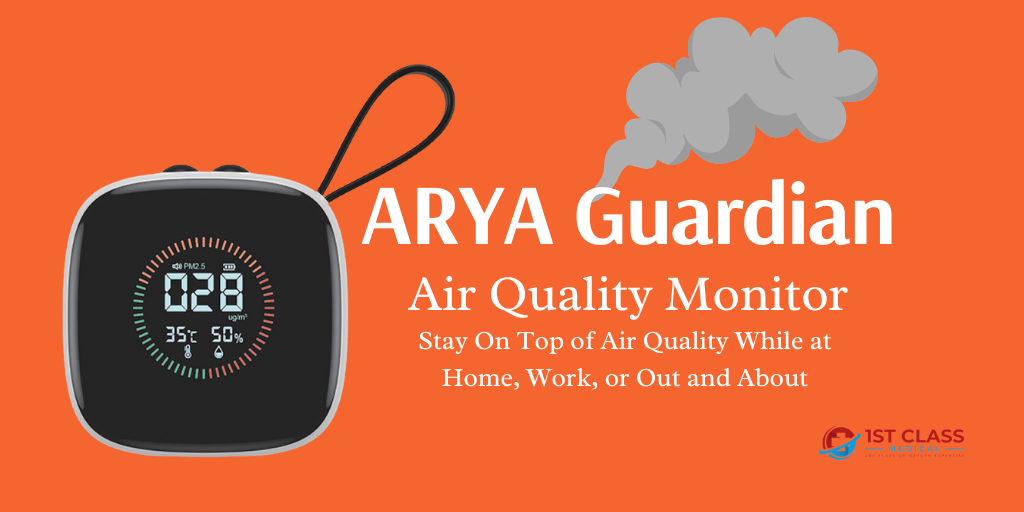


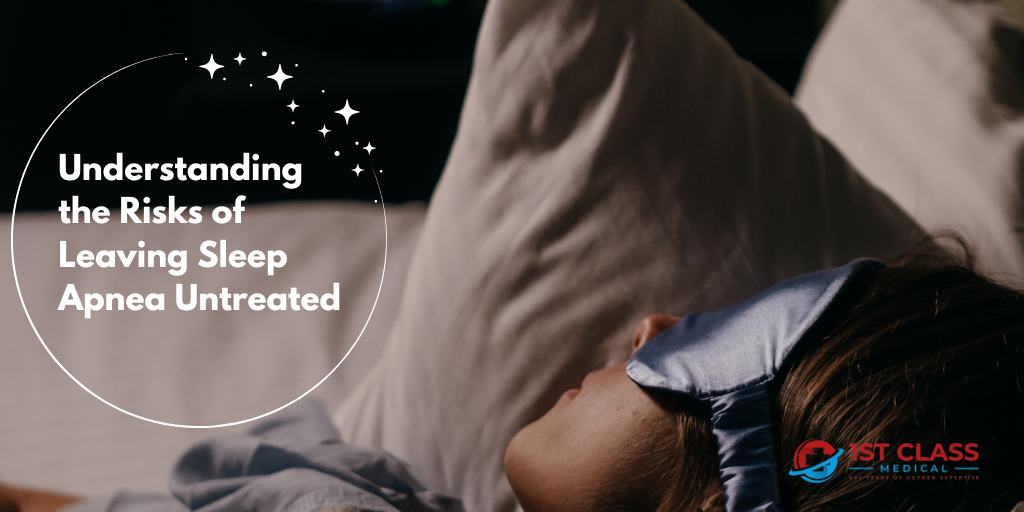


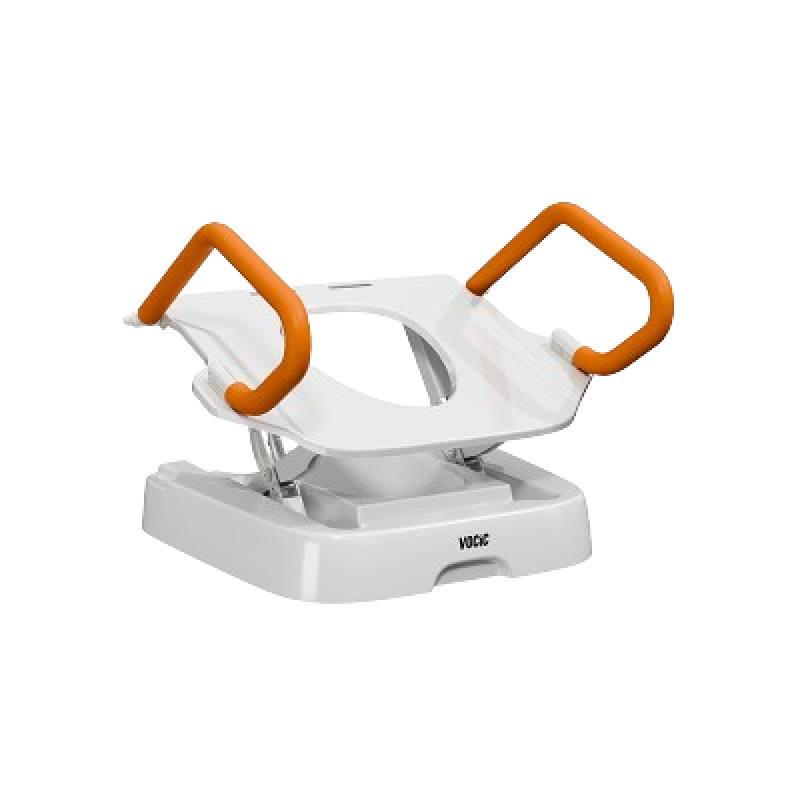
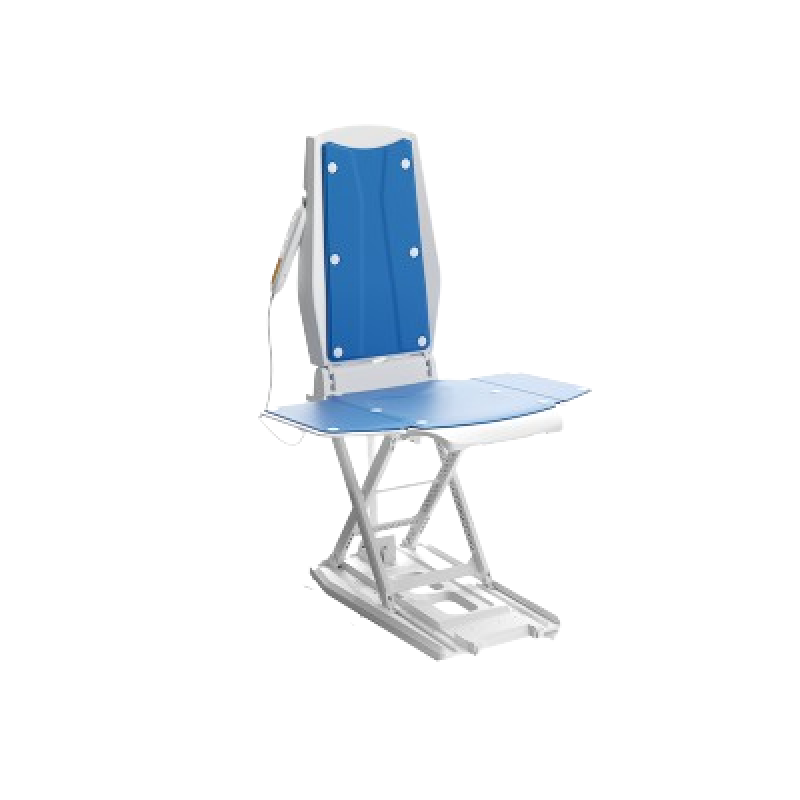
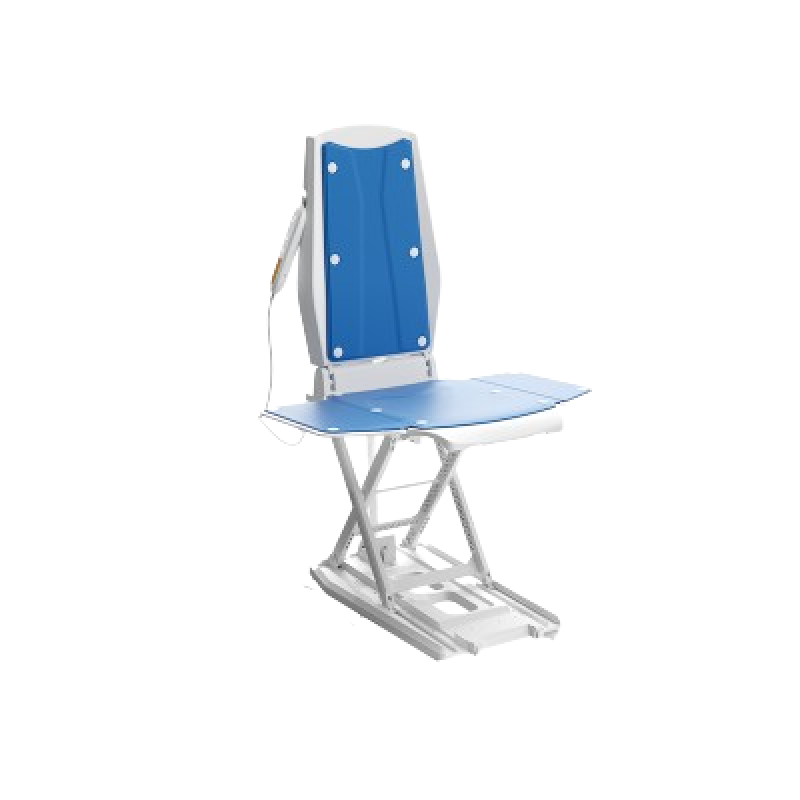
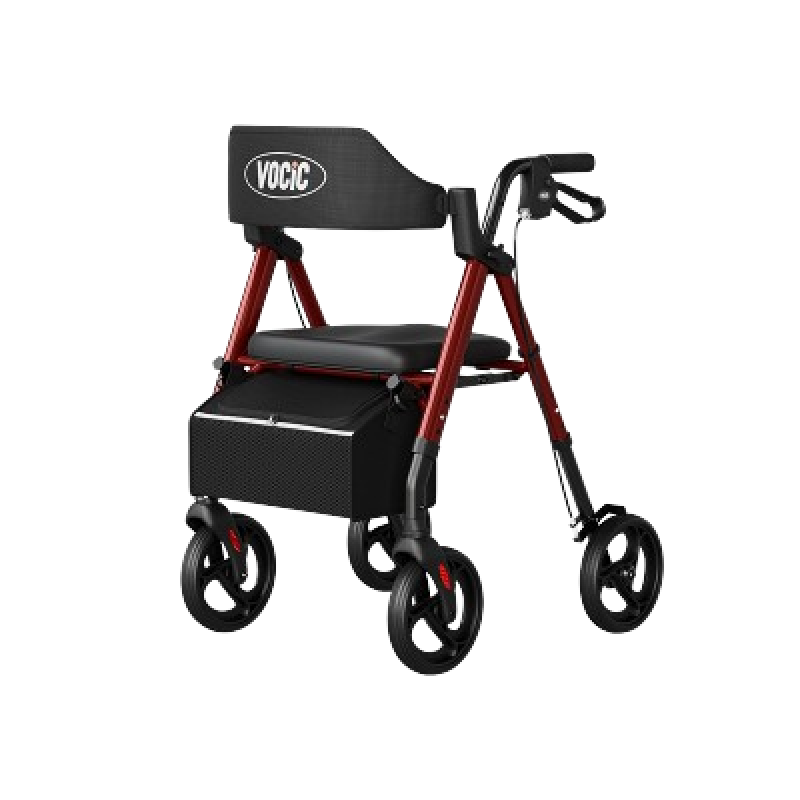
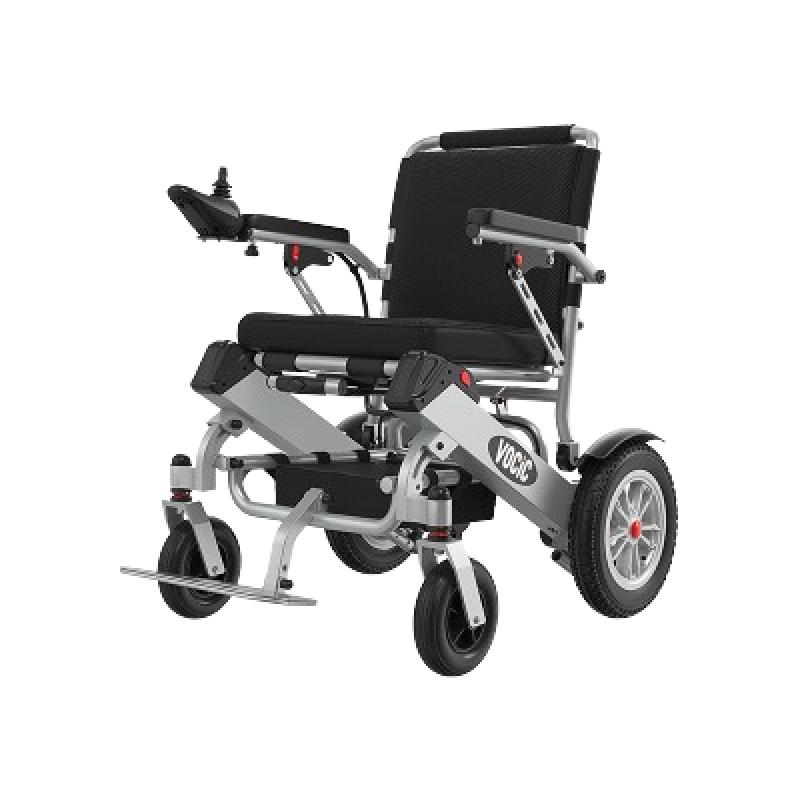


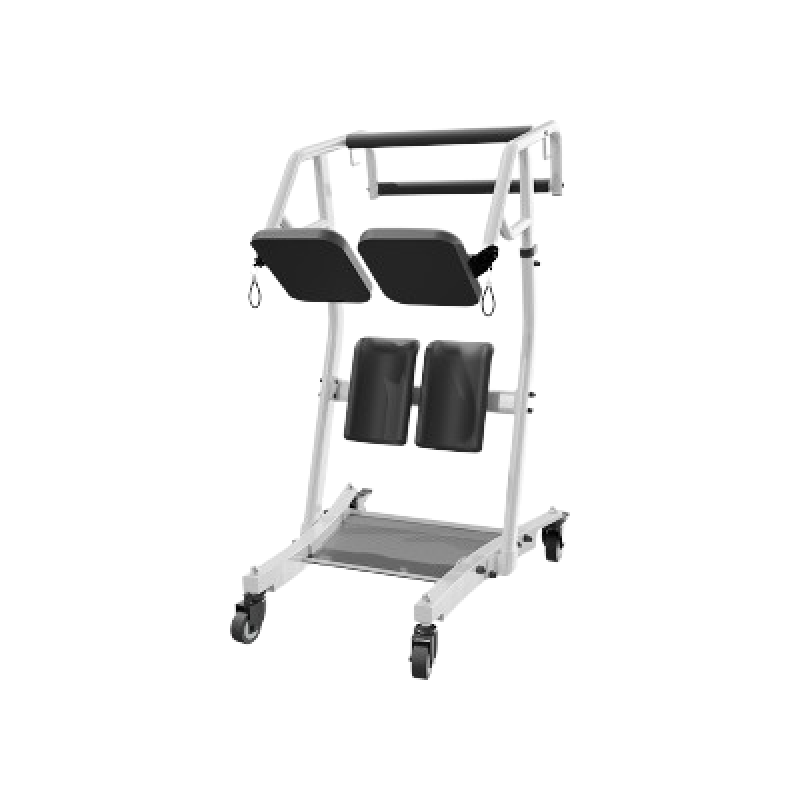
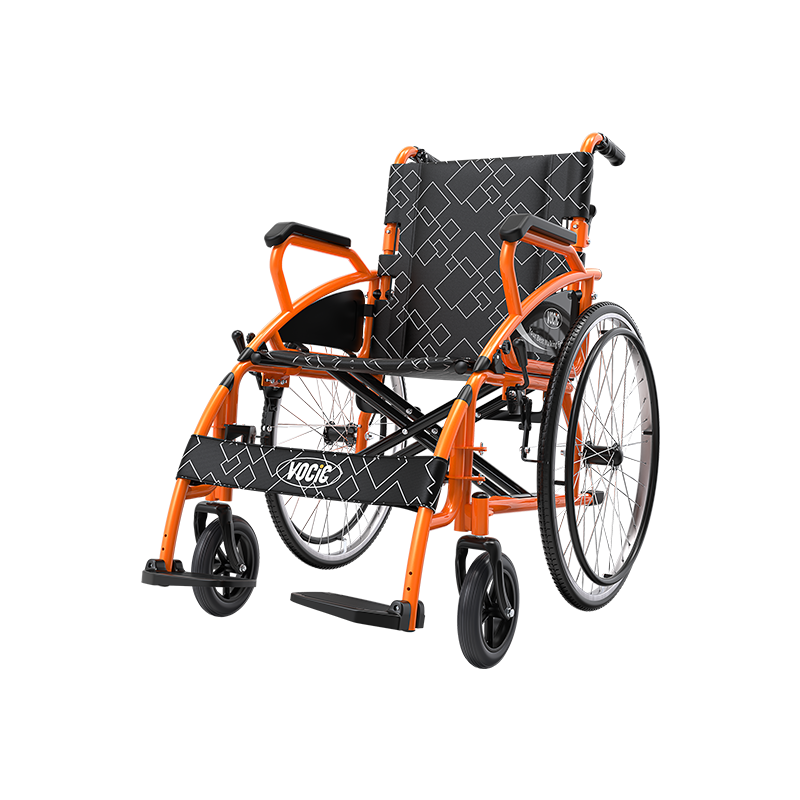

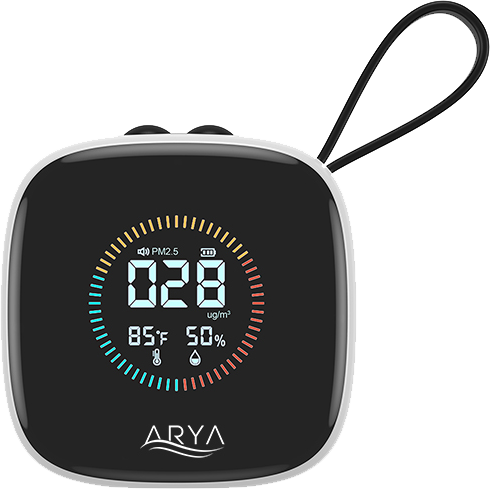
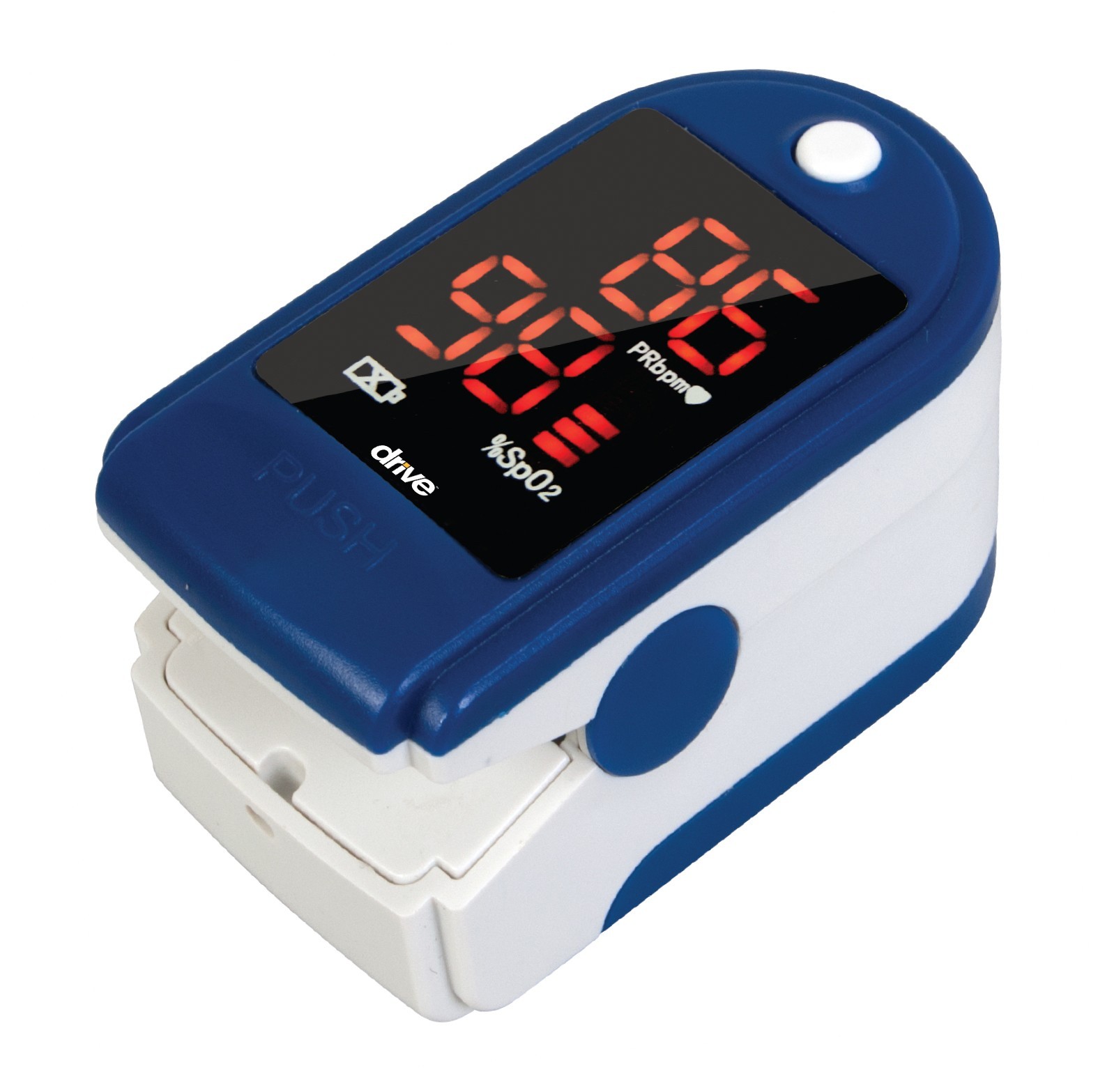

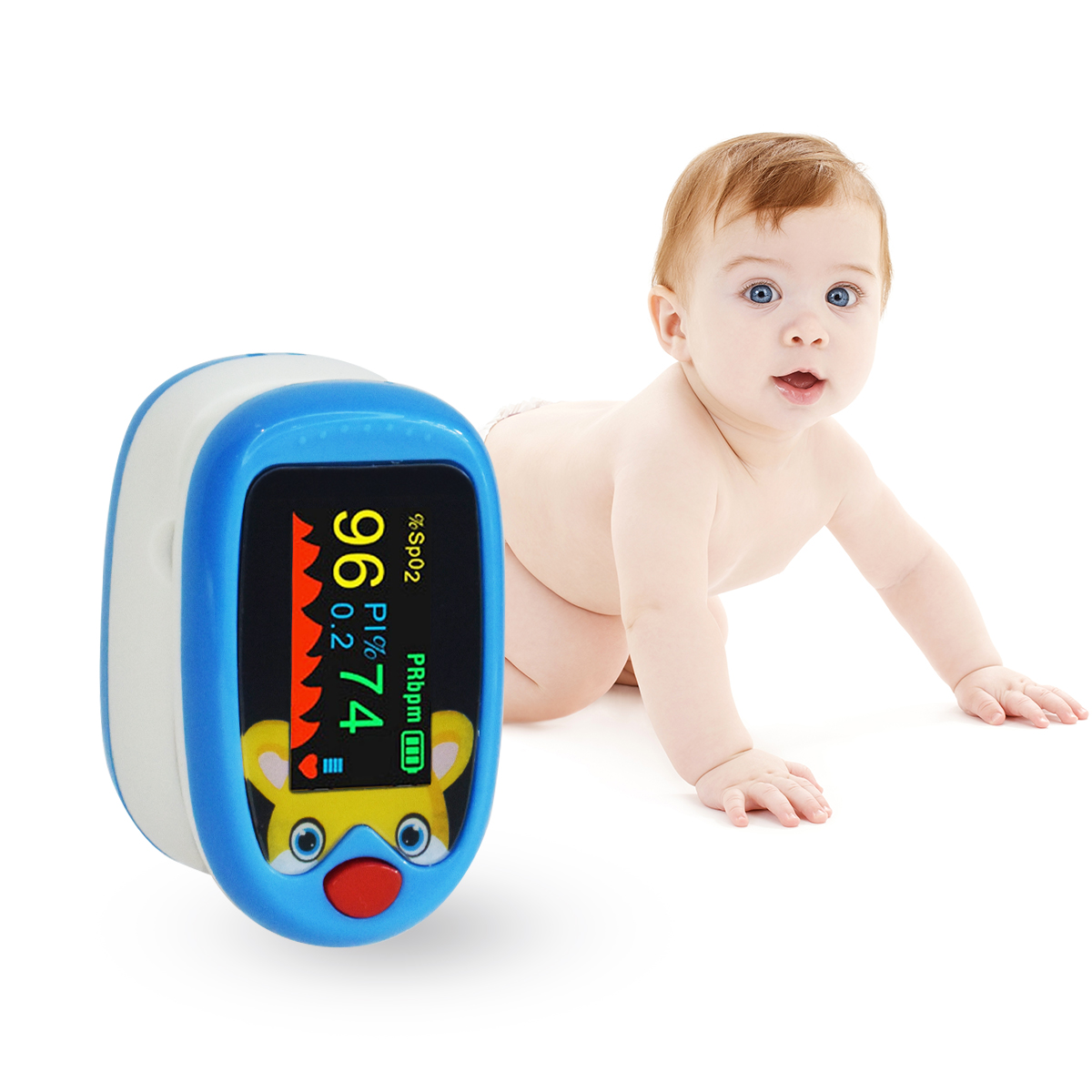

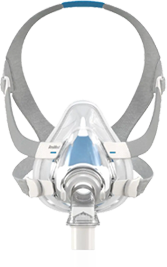
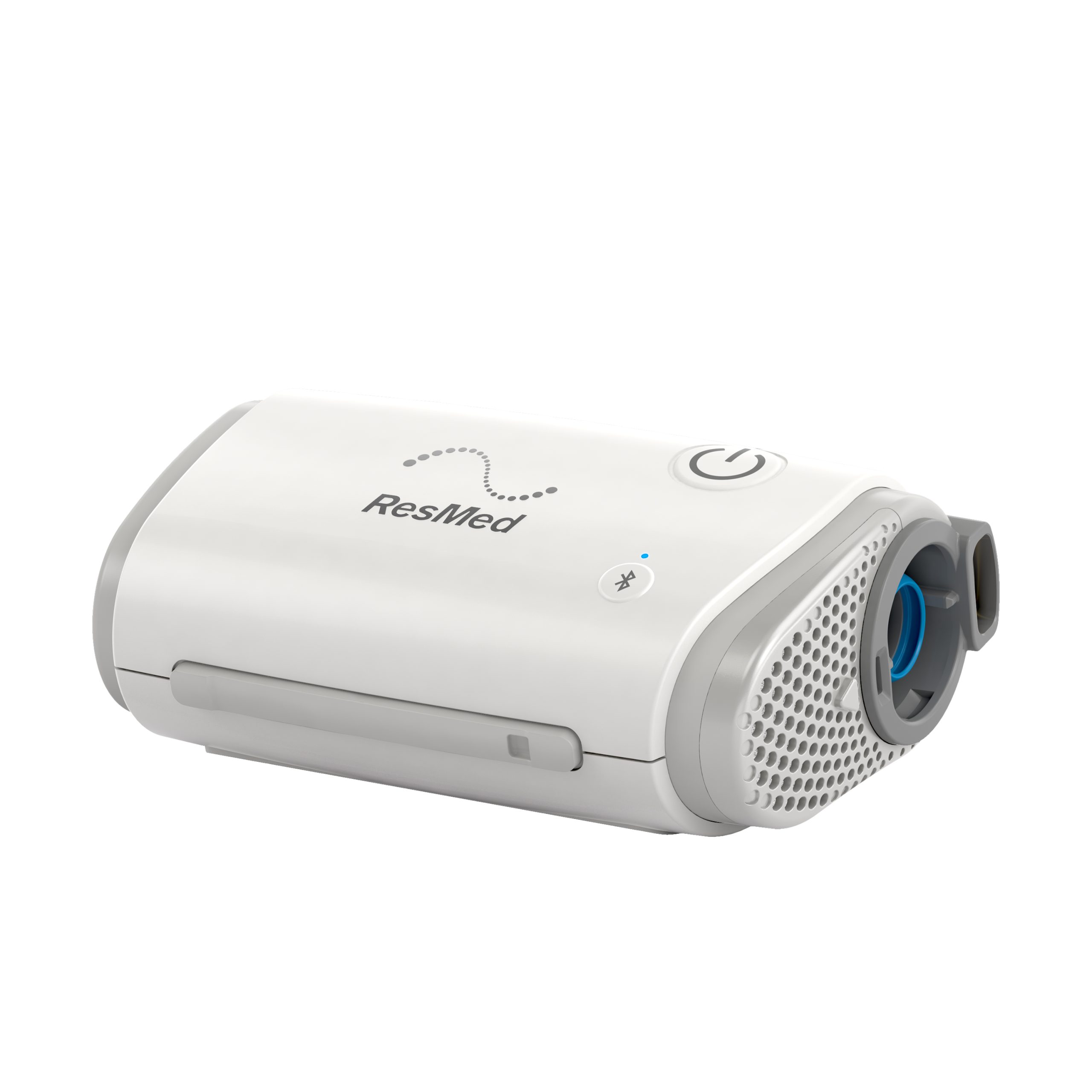
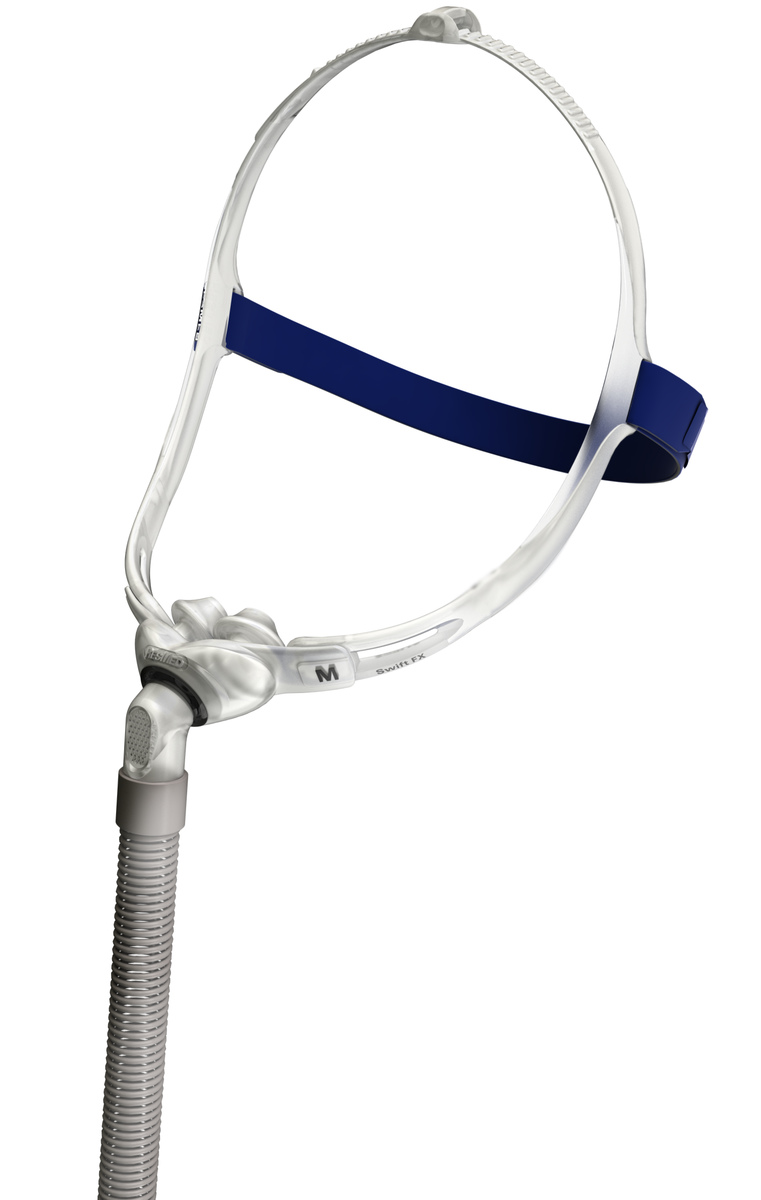
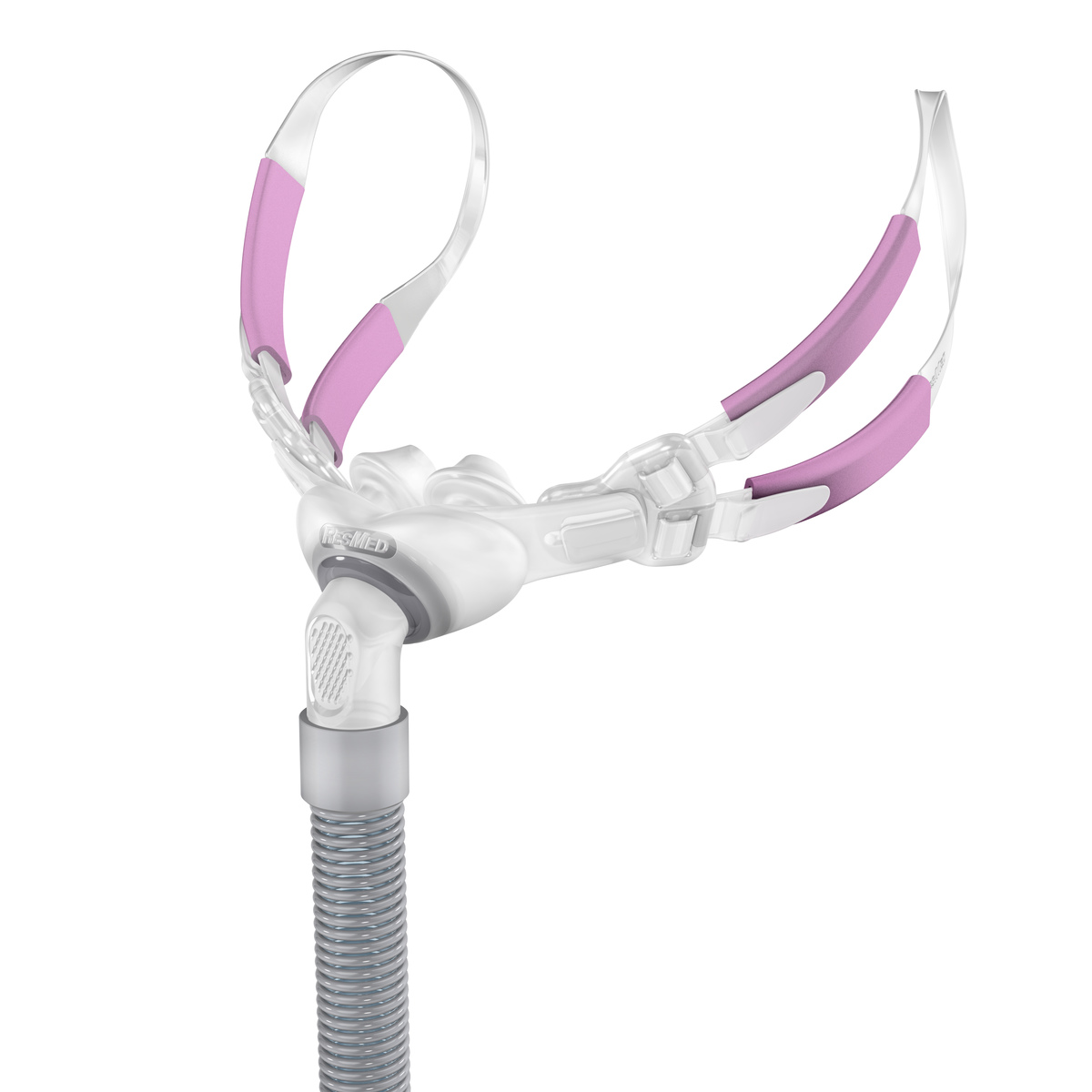
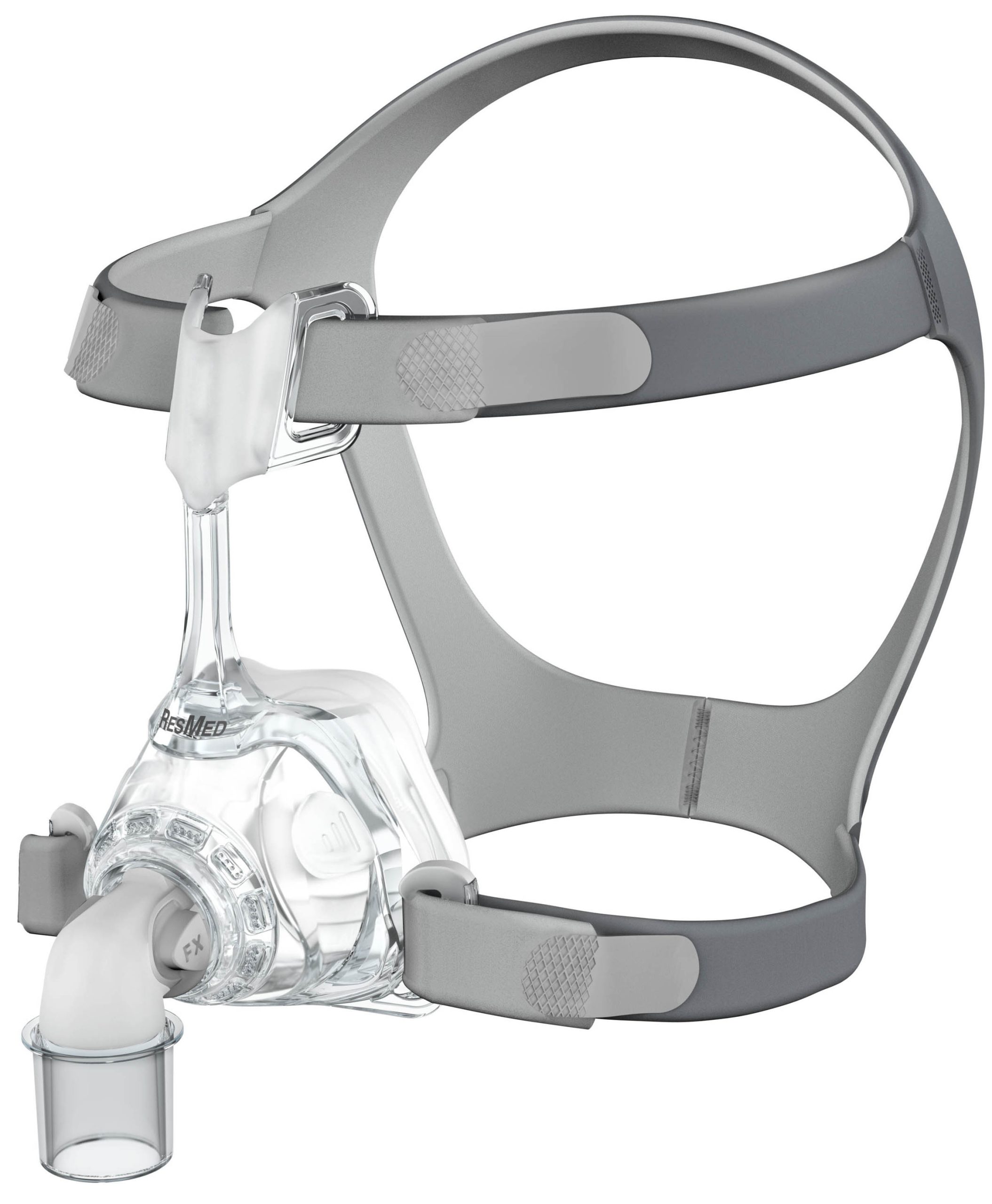
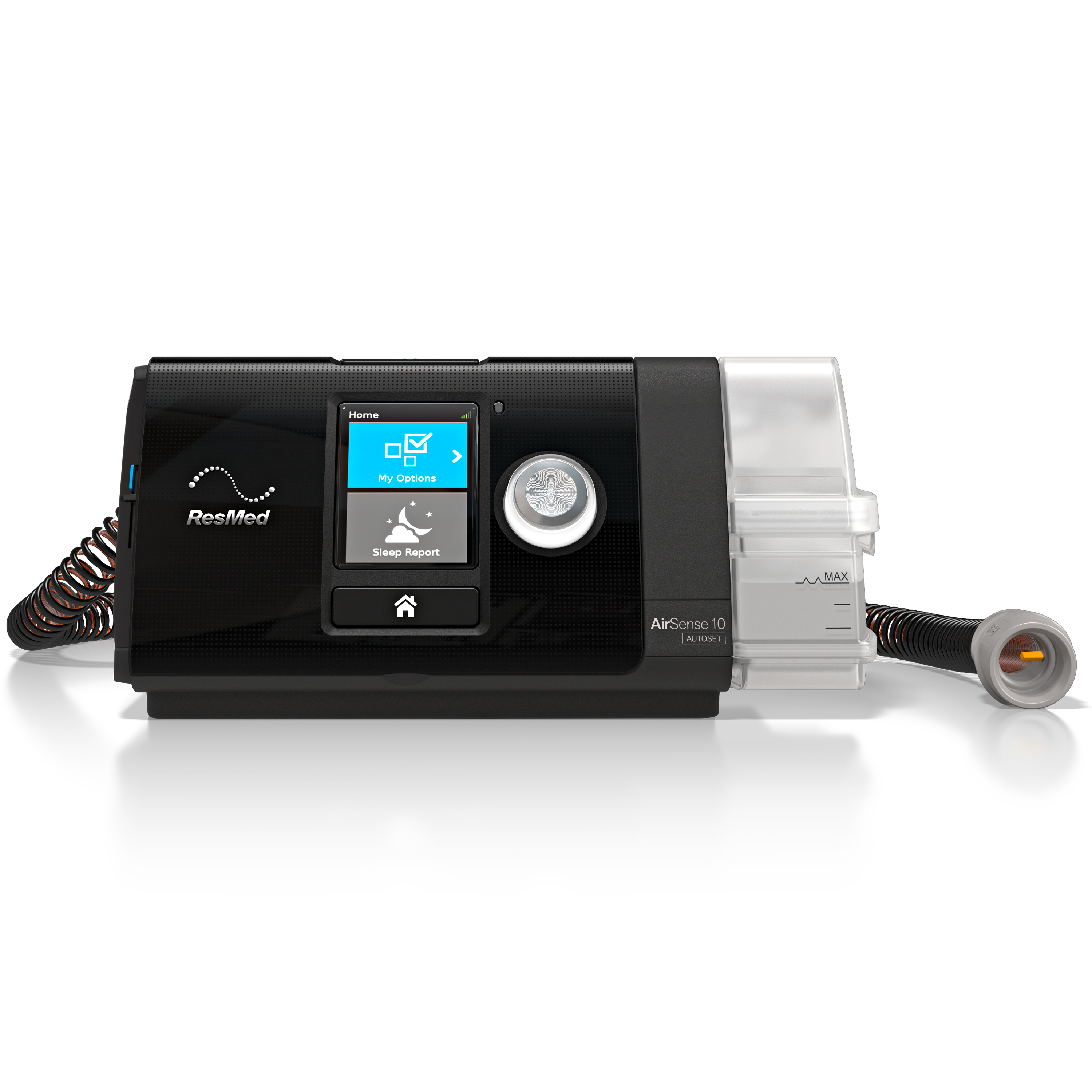

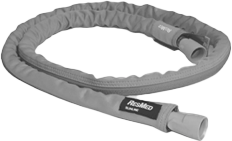





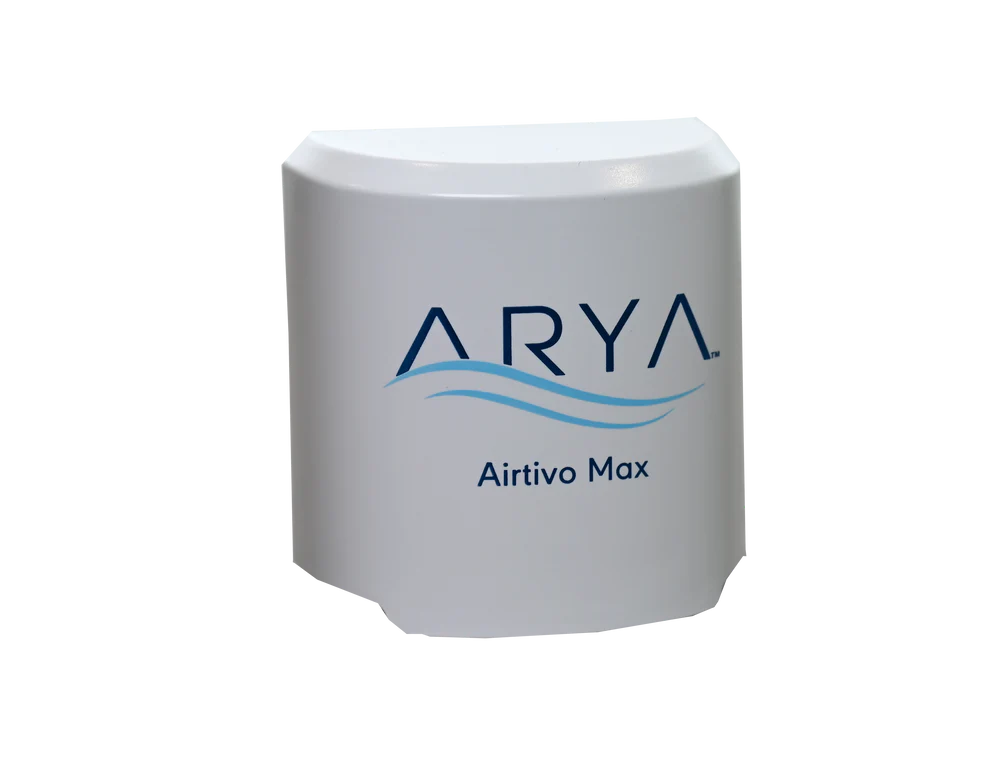
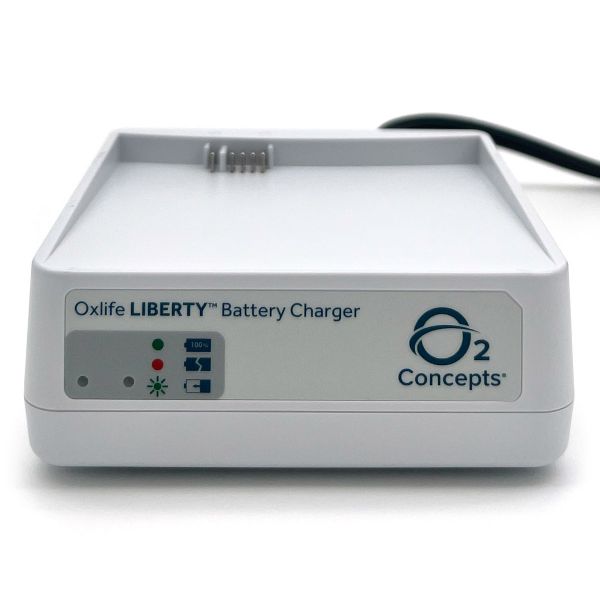


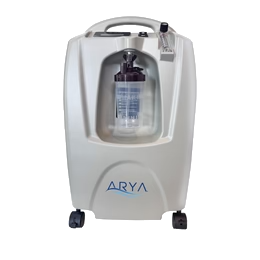

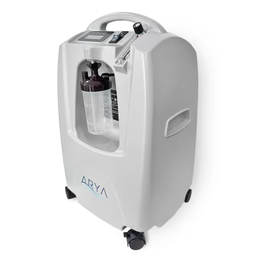
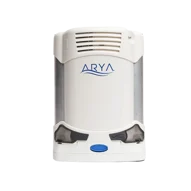


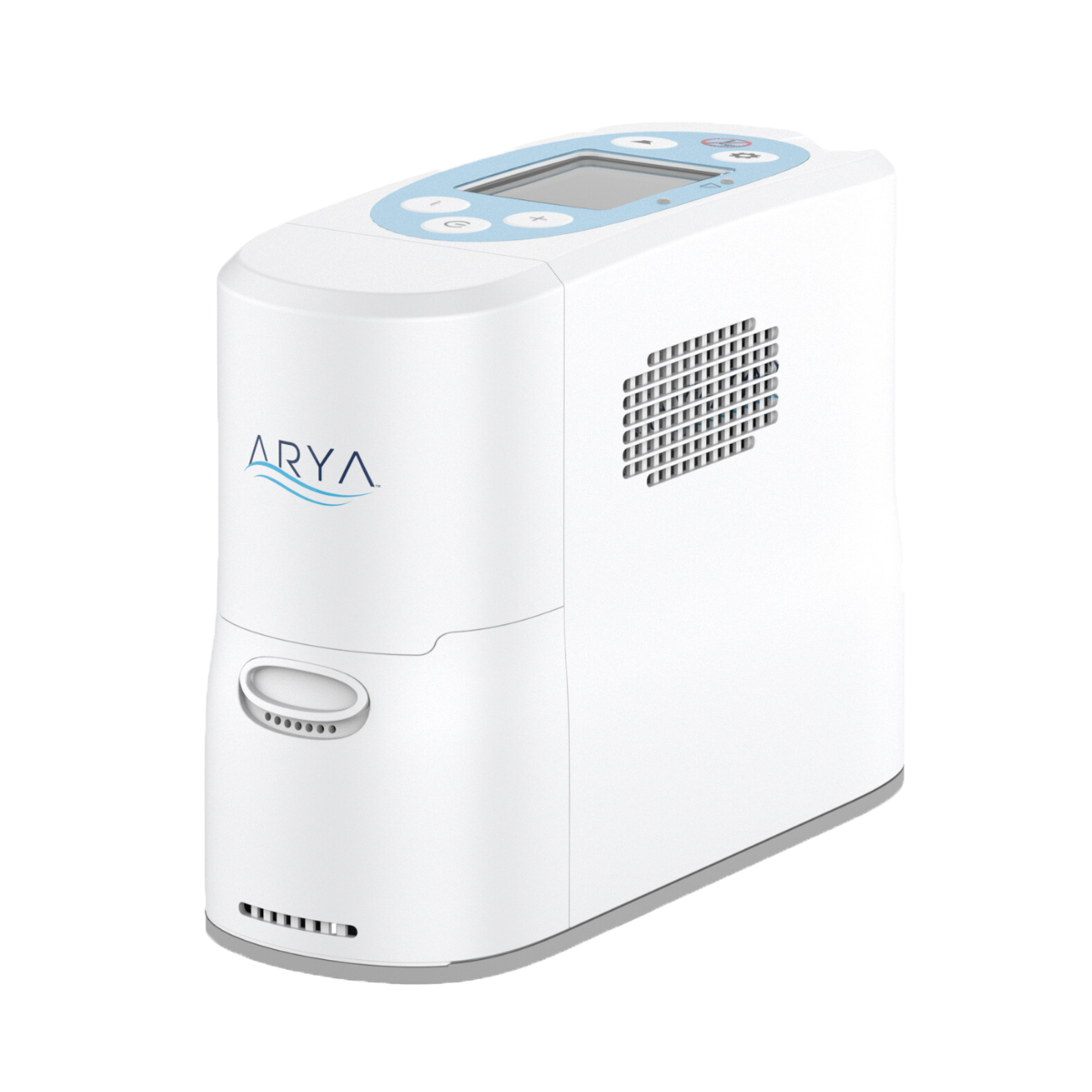
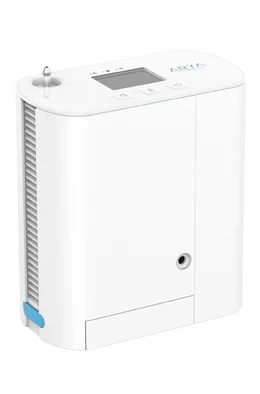
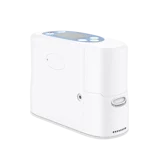

Comments are closed